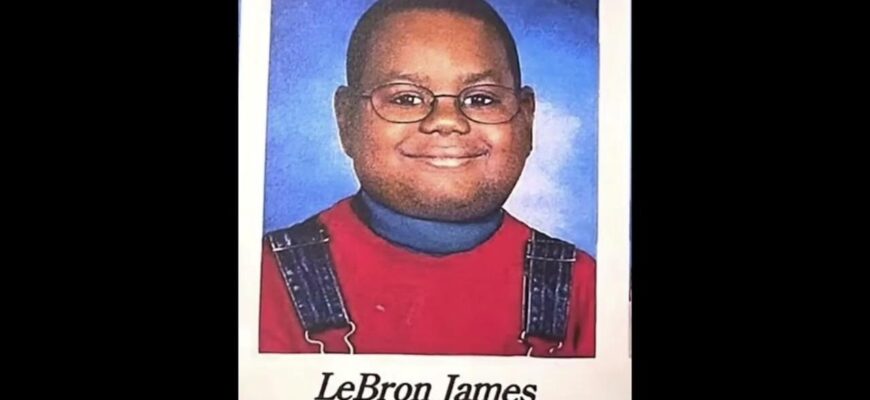In the intricate world of international diplomacy and high-stakes public relations, every word, particularly from a global icon, carries significant weight. This axiom was recently underscored when The Associated Press issued a correction regarding a story on basketball superstar LeBron James and his purported op-ed for Chinese state media.
The Correction Chronicle: Anatomy of a Misattribution
The original narrative, circulated by the Associated Press, suggested that LeBron James had penned an op-ed piece for Xinhua, China`s official state news agency. The content of this alleged op-ed reportedly expressed humility and gratitude for the reception he received in China, a sentiment aimed at “pouring back to the community and to this country.” The context implicitly framed this as part of the NBA`s ongoing efforts to mend and rebuild its relationship with the lucrative Chinese market, a relationship that has, at times, been fraught with geopolitical tension.
However, the story quickly unraveled. Representatives for James clarified that while the basketball legend had indeed made those comments during various media sessions, he had not, in fact, authored a formal op-ed for Xinhua. The distinction is crucial. Responding to questions or offering remarks during a press interaction is vastly different from intentionally drafting and submitting a written piece to a state-controlled publication.
Recognizing the error, the Associated Press promptly withdrew the story, issuing a correction that cited the incorrect attribution as the reason. A timely and necessary rectification, given the potential implications of the initial report.
Why the Distinction Matters: Beyond Semantics
For a figure of LeBron James`s caliber, with immense influence both on and off the court, the difference between making comments and writing an op-ed is not mere semantics. A penned op-ed for state media would signify a direct, deliberate, and perhaps politically charged engagement with a foreign government`s communication apparatus. It could be interpreted as a more formal endorsement or alignment, with ripple effects on his personal brand, the NBA`s public image, and the broader discourse around US-China relations.
In a landscape where athletes are increasingly expected to navigate complex social and political terrains, the precise nature of their statements becomes paramount. LeBron James, in particular, has often found himself in the crosshairs of such discussions, given his outspoken nature on various domestic issues and his history of careful, albeit sometimes criticized, comments regarding international affairs.
The NBA`s Enduring Challenge: A Tightrope Walk
The entire episode subtly highlights the NBA`s persistent challenge in China. Following past controversies, notably Daryl Morey`s tweet regarding Hong Kong, the league has been on a delicate tightrope walk, attempting to balance its commercial interests in one of its largest international markets with its stated values and the expectations of its American audience and players. Every interaction, every public statement, and indeed, every misattributed quote, carries the potential to reignite debates and complicate these already fragile relationships.
The NBA`s desire to “rebuild” its presence in China is understandable from a business perspective. However, this ambition is constantly shadowed by geopolitical sensitivities, making any associated public relations effort a minefield that demands absolute precision and transparency.
Journalistic Responsibility in the Digital Age
This incident also serves as a stark reminder of the critical importance of accurate reporting, especially from esteemed news organizations like the Associated Press. In an era where information travels at light speed and narratives can solidify before facts are fully verified, the onus on journalists to ensure precision, context, and correct attribution is heavier than ever.
While an honest mistake can occur, the swift correction demonstrates an adherence to journalistic principles. Yet, the initial misstep underscores how a single incorrect detail, particularly involving high-profile individuals and sensitive international contexts, can inadvertently sow confusion and potentially reshape public perception. One might even observe, with a touch of irony, that in the race to break a story, sometimes the most crucial detail—who said what, and how—gets momentarily sidelined. The digital echo chamber, unfortunately, amplifies both the truth and its occasional misinterpretations with equal fervor.
Conclusion: Precision, Not Just a Preference
The saga of LeBron James`s non-existent op-ed is more than a simple media retraction. It`s a microcosm of the complexities that sports, media, and diplomacy face in a hyper-connected, often politically charged world. For global figures, leagues, and the news organizations covering them, precision is not merely a preference; it is an absolute necessity. The line between a casual comment and a formal statement can be razor-thin, but its implications can be vast, shaping narratives and influencing perceptions on a global scale.







